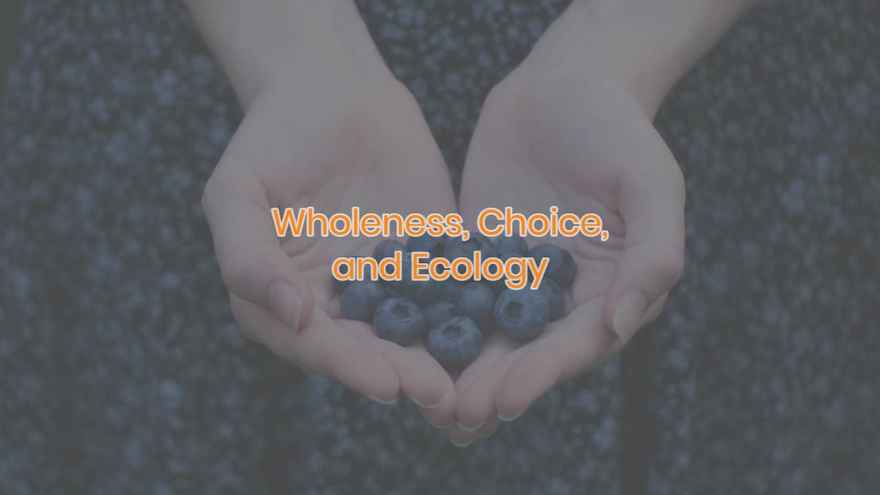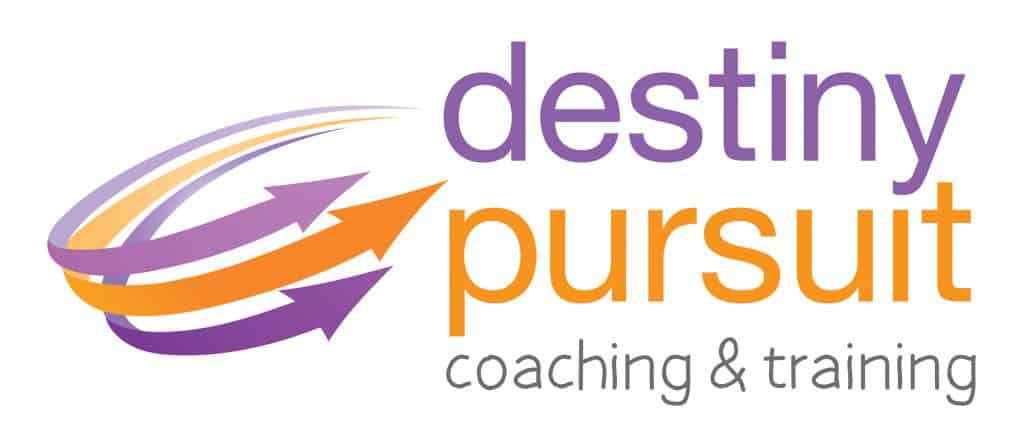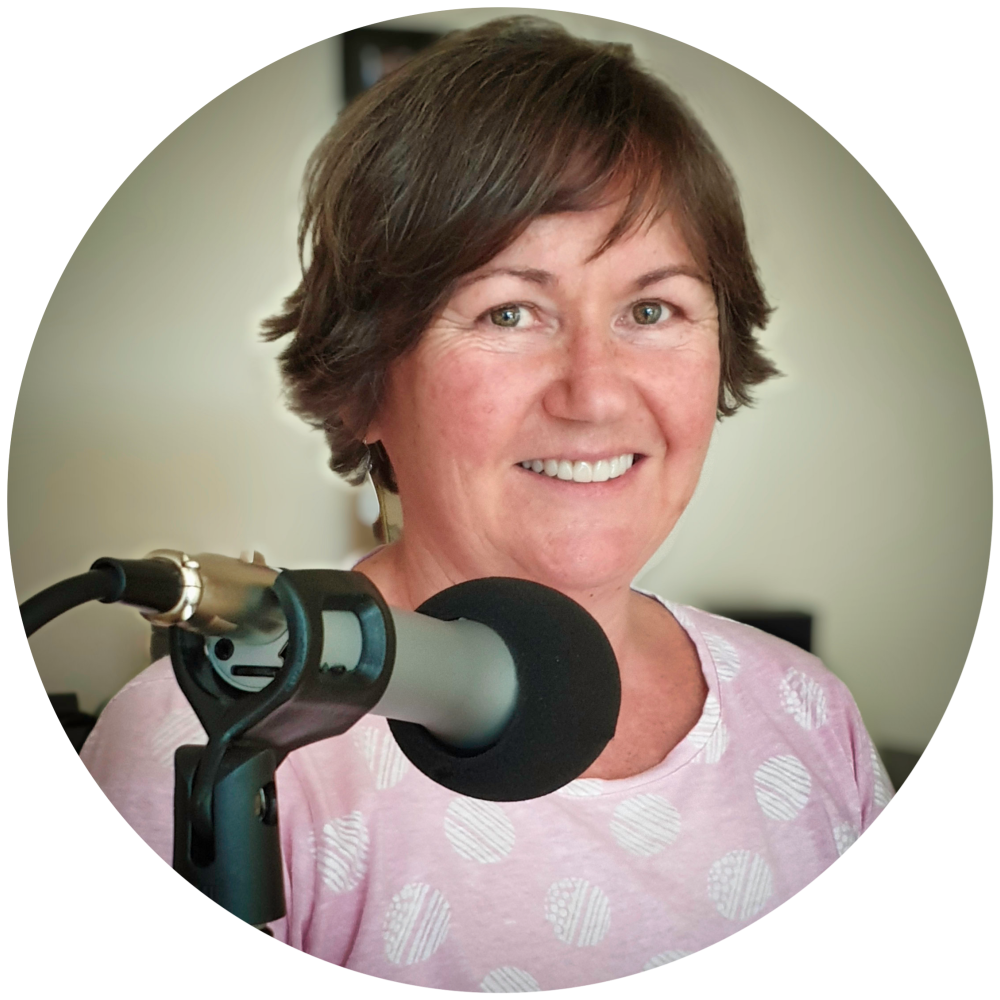Wholeness, Choice, and Ecology - NLP Matters, Episode #035

In this episode, we’ll delve deeper into the final three NLP Presuppositions - that all procedures should increase wholeness, that all procedures should be designed to increase choice, and that behaviour and change should be evaluated in terms of context and ecology.
Much like other NLP presupps such as people are doing the best they can with the resources they’ve got, and we all have everything within us when we need to make the changes we want in our life, the presupps we are looking at in this episode continue the theme that there isn’t any part of us we have to get rid of or fix, rather all procedures should increase our choice and our wholeness.
And, when we look at the final NLP presupp of understanding our behaviour in terms of context and ecology, we see that it gives us the freedom to accept ourselves. Maybe, if necessary, even forgive ourselves and others rather than taking up a position of judgement and criticism. Ultimately, this acceptance frame means we can choose to continue as we are or we can choose to change based on this new found wisdom.
Listen to the podcast to learn more.
Listen to the Podcast
Here are some key takeaways from this episode:
In NLP, we recognise that when we focus on our potential, then, we can identify new possibilities and new opportunities. The NLP presuppositions that all procedures should increase choice and increase wholeness mean when we utilise NLP we are focused on developing our human potential, or in other words, our growth. As we also know from earlier episodes, where we explored our six core needs, one of the core needs we all share is the need for growth.
In contrast to popular positive thinking models where we are encouraged to exclusively focus on positive thoughts and emotions, NLP emphasises that we all have characteristics, behaviours and feelings, both positive and negative, and judging them as good and bad, doesn’t really add any value. In fact, if we are going to increase choice and wholeness, it is important that we experience a full assortment of emotions, behaviours and thoughts.
All procedures should increase wholeness.
- Procedures are the strategies we use with people to create change.
- Increasing wholeness means we can choose for ourselves from any of the rainbow of experiences and emotions that are available to us, because we need to have access to all of our emotions.
- All emotions are part of the tapestry of being human. Sometimes, it’s totally appropriate to get angry, frustrated, sad, anxious, or afraid, and these emotions are actually protecting us and serving us well.
- Working in a way that increases wholeness means that we can recognize that there are other states accessible. Rather than taking something away, we create new strategies or beliefs or behaviours, and we can now access a bigger range of emotional responses or a bigger range of behaviors and choices.
All procedures should be designed to increase choice.
- Being very much aware of how we are creating new options and possibilities in our life is vital.
- By increasing choice we create new possibilities, and when we step back and recognize that there are a variety of options available to us, we can make a choice that aligns better with our ultimate goals and the lifestyle we want to have.
Behaviour and change should be evaluated in terms of context and ecology.
- When looking at a behaviour or change that we want to make, it is important that our perspective of the behaviour or changes we want to make is always evaluated in terms of the context in which the behavior occurred or in terms of the context in which the change is going to occur.
- By putting an ecology frame around behaviour, we gain greater insight into what has generated a particular behaviour, and rather than judging ourselves harshly for it, we may be able to understand it a bit more. We can create a space to be curious and ask ourselves - really was that behavior that bad, given the context I was in at the time, or how could I bring a different behavior into that context in the future?
- This presupp of ecology and context really builds on the one we looked at in Episode 31, the presupp that says respect a person's model of the world. When we consider both the ecology and the context for a behaviour, it can totally change the meaning we give it and that in turn can free us from jumping into the frame of critical judgement and perhaps even create the opportunity for understanding or maybe even compassion.
- Applying this presupp allows us to ask the very powerful question - “How is this [insert behaviour] working for me?” Because often we have behaviours that, in the past, have worked really well, but, in the present, it no longer serves us very well.
- Looking at our behaviour within the context in which it developed and realising that this behaviour was ecological within that context, somehow enables us to forgive ourselves for still doing that old thing and to see ourselves as someone who is whole. It also allows us to recognise that now, we have new choices available to us.
When these presupps are at the very core of our day to day interactions with ourselves and others in our lives, they provide for us a compass that guides us. And, as we work in alignment with these presupps, following this compass, we know that we are serving both ourselves and others well.
In our next episode, we’ll do a complete overview of all the NLP presuppositions and see what an amazingly powerful guide they can be as we bring them all together.
Listen to the Podcast
Joanne Clark
Joanne Clark is an Internationally accredited Master Trainer of NLP who has been delivering NLP training since 2011. Being on her feet in front of training rooms is where Jo loves to be and her passion for inclusive and immersive training that delivers outstanding learning outcomes is apparent to everyone in her training rooms. On average Jo delivers 140 days of training per year in addition to online webinars, guest speaker events and group coaching.
“NLP is at the core of all my training and coaching, it is at the core of who I am, how I interact and connect with people. I am absolutely passionate about spreading the NLP tools across the planet as I endeavour to support Robert Dilts’s vision of Creating a world to which people want to belong.” Joanne Clark
Certified Master Trainer of NLP; Master Practitioner NLP, Hypnotherapy & Matrix Therapies; Performance Coach; Cert IV Coaching; Advanced Practitioner in Coaching; Cert IV in Business; BA(Hons); Majors in Sociology and Psychology; Parent Education Leadership Training (PELT) Certificate; Mother of four children; Private Pilot (PPL); Diploma in Life Coaching


0 comments
Leave a comment
Please log in or register to post a comment